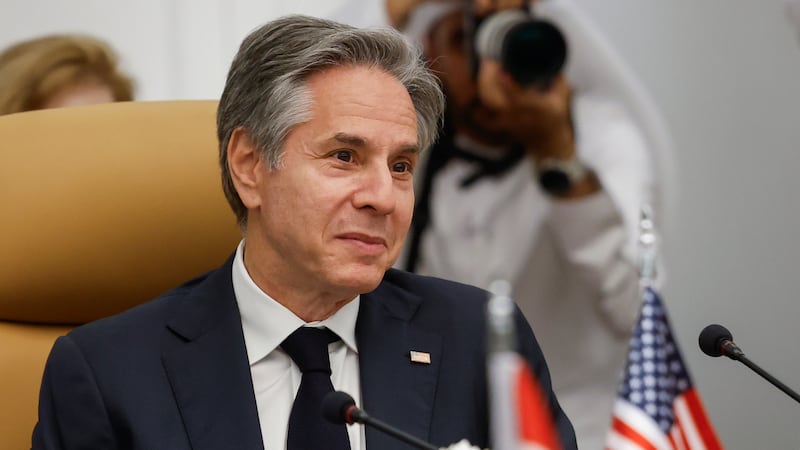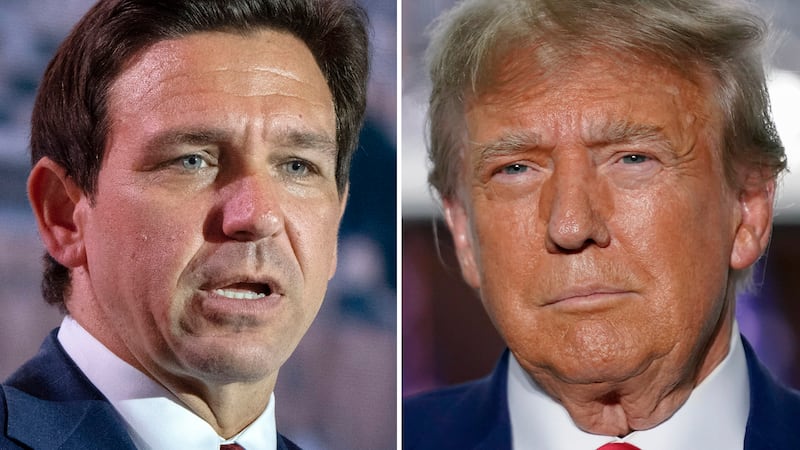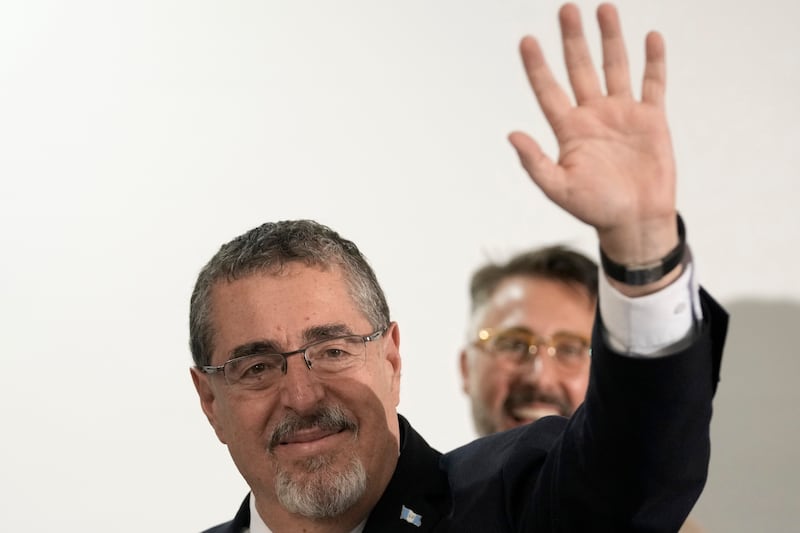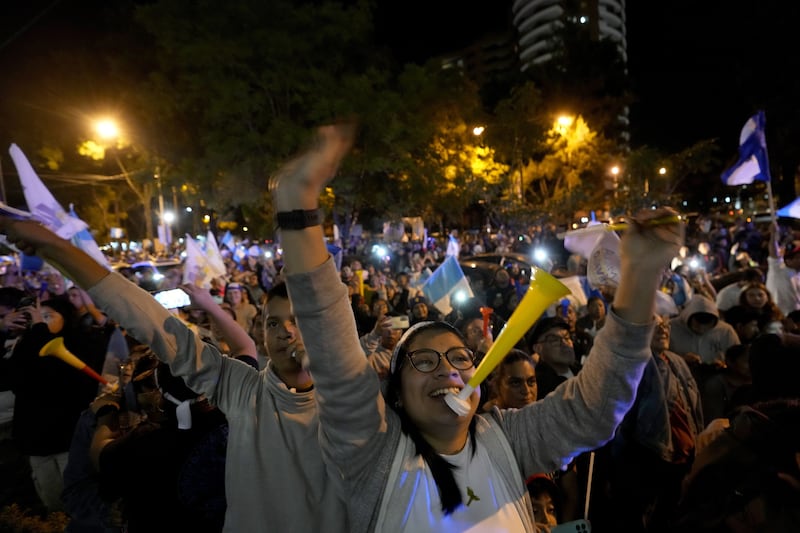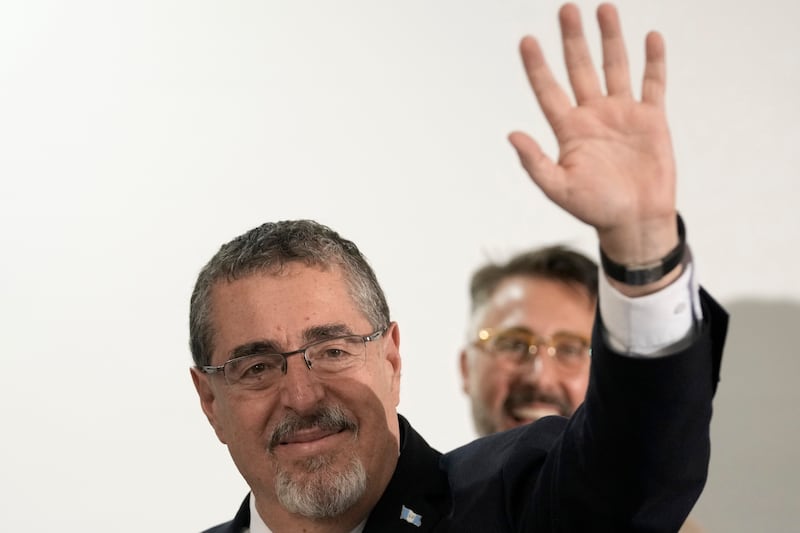A progressive from outside Guatemala’s power structure has been resoundingly elected as the country’s next President in a reprimand for the governing elite over widespread allegations of corruption.
Despite preliminary results showing a potential landslide for anti-corruption crusader Bernardo Arevalo, attention has immediately turned to whether he would be allowed to assume power as the current administration attempts to suspend his party’s legal status.
With more than 99% of votes counted, preliminary results from the run-off gave Mr Arevalo 58% of the vote to 37% for former first lady Sandra Torres in her third bid for the presidency.
The official results have still to be certified.

Mr Arevalo said on Sunday night: “We know that there is a political persecution under way that is being carried out through the institutions and prosecutor’s offices and judges that have been corruptly co-opted.
“We want to think that the force of this victory is going to make it clear that there is no place for the attempts to derail the electoral process. The Guatemalan people have spoken forcefully.”
Mr Arevalo said outgoing president Alejandro Giammattei congratulated him and told him that they would begin planning the transition the day after the results were certified.
But Guatemalans still remember that an hour before the results from the first round of voting were certified last month, the attorney general’s office announced it was investigating the signatures gathered by Mr Arevalo’s Seed Movement party to register years earlier.
A judge briefly suspended the party’s legal status before a higher court intervened.

Eduardo Nunez, the Guatemala resident senior director for the National Democratic Institute, expects two trends to continue and intensify in the coming days: the country’s polarisation and the judicialisation of the electoral process.
Mr Nunez said there will be three key moments: the immediate positions staked out by Mr Arevalo’s Seed Movement and Ms Torres’ National Unity of Hope party about the results; then on October 31, when Guatemala’s electoral process officially ends and the Seed Movement will no longer enjoy the legal protection that would keep it from being cancelled; and finally on January 14, when Mr Giammattei is constitutionally mandated to leave office.
“It is likely that there could be a series of official actions that look to modify in one way or another what happened in the June elections and what could happen now in the August elections,” Mr Nunez said.
A big question remained how Guatemalans could react to any government actions that appear to go against the will of the voters.

Edmond Mulet is a former Guatemalan diplomat and president of Congress, who competed in the first round of the election as the presidential candidate for the Cabal party. Prosecutors have three open cases against him and his party, in what he said was a safeguard in case he had made it to the run-off.
He noted that in 2015, massive street protests pushed President Otto Perez Molina, accused of massive corruption, to resign.
Mr Mulet does not see the current situation as clear-cut and believes Guatemala’s power structure will use legal tools to create confusion and sow doubt in hopes of avoiding a massive united public reaction.
“In any other country in the world, the people would have been out in the streets a long time ago, but in Guatemala there’s another solution: migration,” Mr Mulet said. “That’s the pressure valve. Elsewhere this would have exploded already.”
Hundreds of thousands of Guatemalans have emigrated to the United States in recent years, and the Biden administration considers Guatemala’s corruption to be a major push factor for migrants.
Mr Mulet sees at least two possible scenarios in the coming weeks and months.
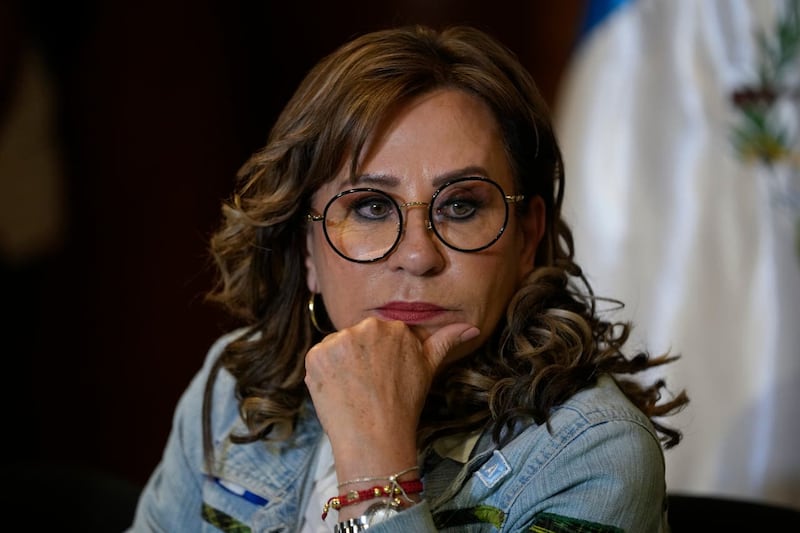
In one, the Seed Movement is cancelled and Mr Arevalo is allowed to assume the presidency without a party.
It would have dire effects on his party’s representatives in the Guatemalan congress, who would be barred from holding leadership positions or leading committees. They would already be in the minority.
Mr Arevalo could expect almost immediate attempts from congress to remove him from office and would struggle to advance any sort of legislation.
In the other scenario described by Mr Mulet, the Attorney General’s Office succeeds in cancelling the legal status of the Seed Movement.
Then it makes the argument that because the party was improperly registered, everything that occurred afterward, including Mr Arevalo’s nomination, is nullified and he cannot assume the presidency.
If Mr Giammattei leaves office as constitutionally mandated on January 14 and there is not a president-elect – or vice president-elect – to take his place, the next in line would be the president of the congress, almost certainly a Giammattei ally.
The president of congress would then present a list of three names, possibly including his or her own, to congress and legislators would select a temporary president for the nation.
It is such new legal territory that it is unclear if that would be to serve out Arevalo’s full term or if a new election could be called sooner, Mr Nunez said.

